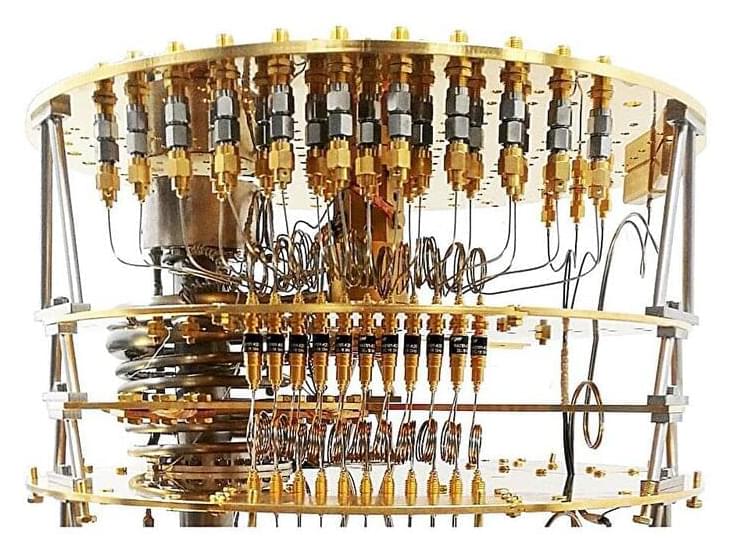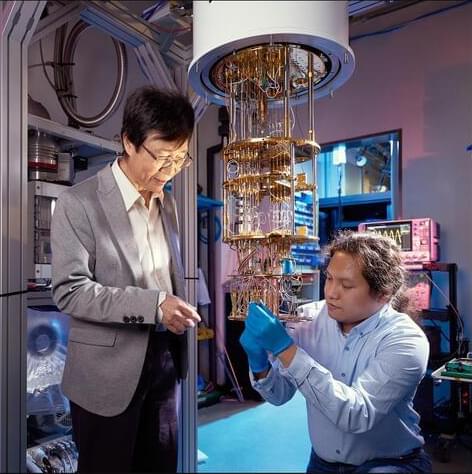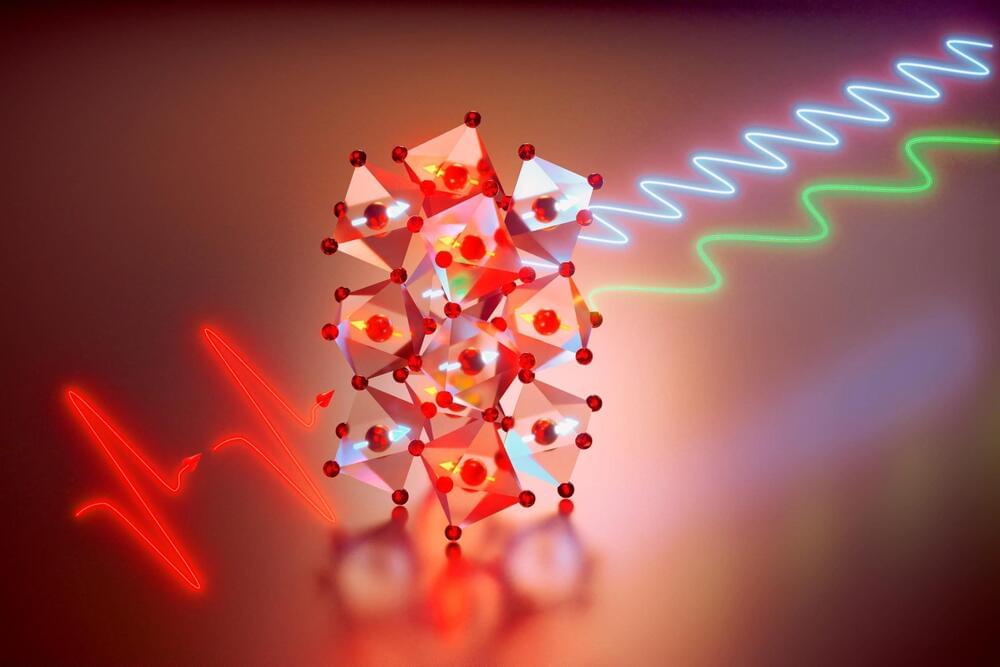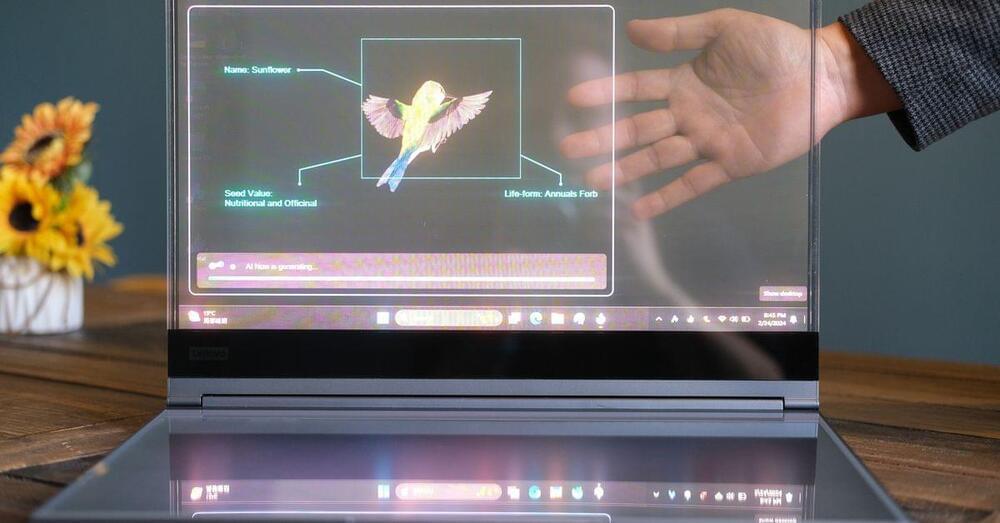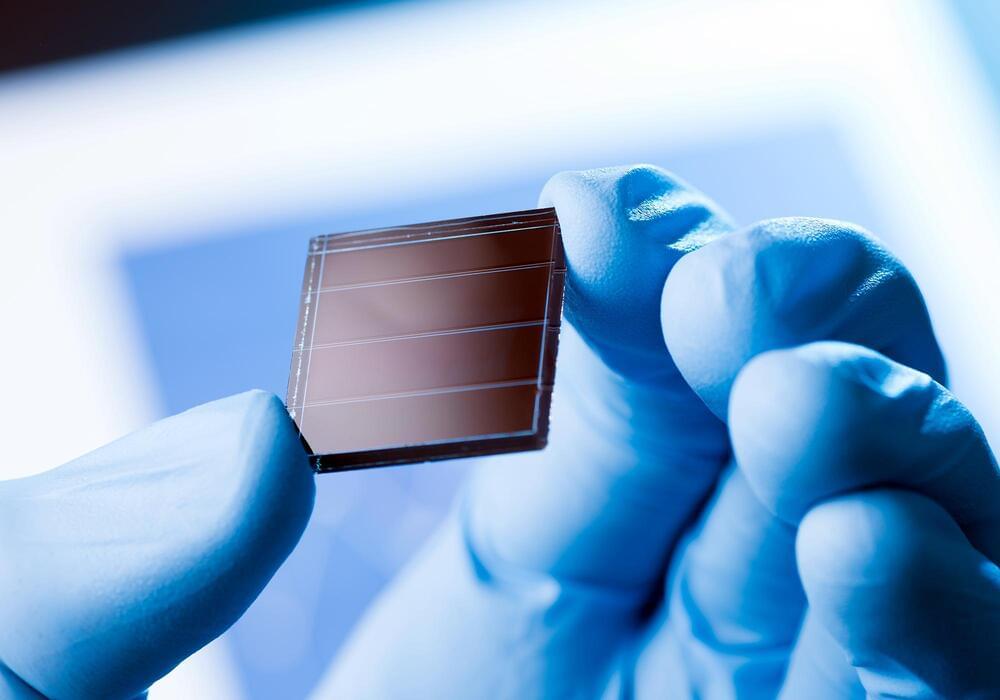Physicists from Forschungszentrum Jülich and the Karlsruhe Institute of Technology have uncovered that Josephson tunnel junctions—the fundamental building blocks of superconducting quantum computers—are more complex than previously thought.
Just like overtones in a musical instrument, harmonics are superimposed on the fundamental mode. As a consequence, corrections may lead to quantum bits that are two to seven times more stable. The researchers support their findings with experimental evidence from multiple laboratories across the globe, including the University of Cologne, Ecole Normale Supérieure in Paris, and IBM Quantum in New York.
It all started in 2019, when Dr. Dennis Willsch and Dennis Rieger—two Ph.D. students from FZJ and KIT at the time and joint first authors of a new paper published in Nature Physics —were having a hard time understanding their experiments using the standard model for Josephson tunnel junctions. This model had won Brian Josephson the Nobel Prize in Physics in 1973.
